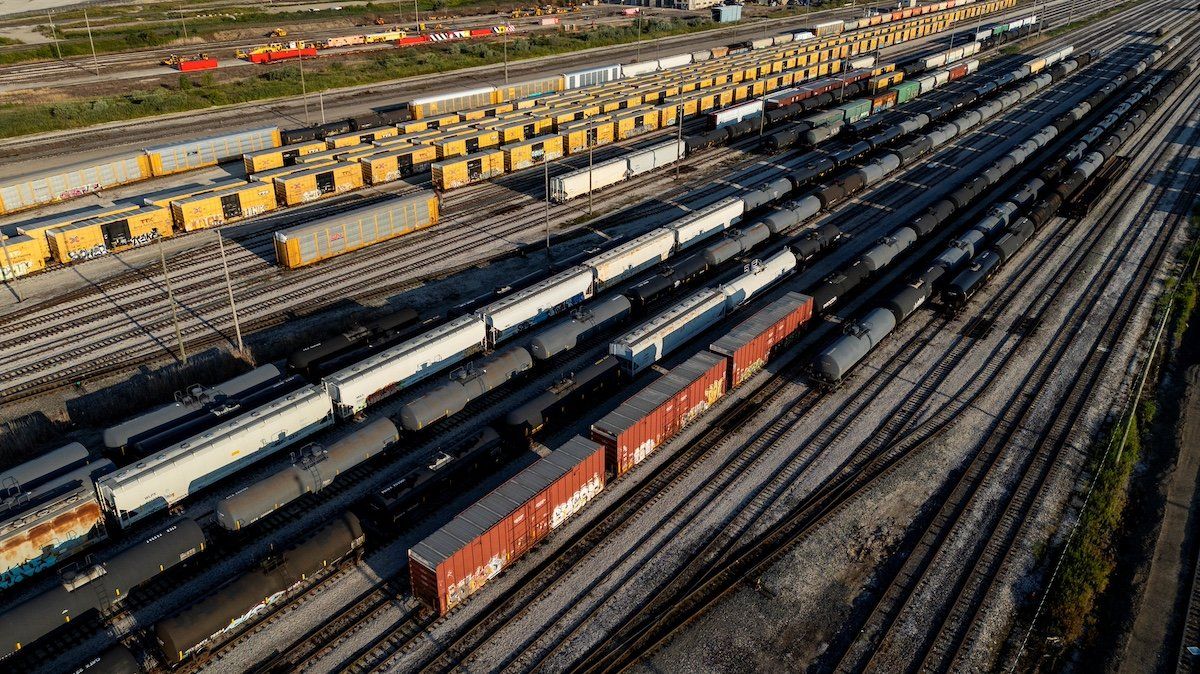Canadian National Railway and Canadian Pacific Kansas City have locked out more than 9,000 of their workers as prolonged contract talks broke down.
Workers are pushing for a pay increase and better working conditions. As the lockout is set to disrupt transit within Canada and shipping between the country and the US, the companies are pushing for binding arbitration.
At roughly CA$341 million a day, the cost of the lockout will add up quickly. Several industries will be affected, including commuter rail – over 30,000 commuters in Toronto, Vancouver, and Montreal – along with chlorinated drinking water, fertilizer, grain, jet fuel, coal, potash, vehicles, and all kinds of manufactured goods.
The lockout will hit US-Canada trade hard, affecting supply chains and the availability – and possibly the price – of goods on both sides of the border, including food. Prior to the lockout, the rail companies had halted shipments cross-border, putting 2,500 cross-border rail cars into disuse and stranding the goods they’d otherwise carry.
What can the feds do? “Trudeau is between a rock and a hard place,” says Graeme Thompson, a senior analyst with Eurasia Group. “The Liberals don’t want to be seen as interfering in collective bargaining, especially given their support in parliament from the traditionally pro-union New Democratic Party.”
“But on the other hand, the economic consequences of even a short work stoppage for Canada would be severe,” he adds, “and the last thing Trudeau needs is more bad economic news with his party trailing the opposition Conservatives in the polls, largely due to poor perceptions of their handling of the economy.”
By late Thursday, Trudeau's government announced it had asked the country's industrial relations board to issue a back-to-work order, which is expected within a few days. So we'll be watching to see how quickly action is taken, and how quickly the rail workers get back on the job.
